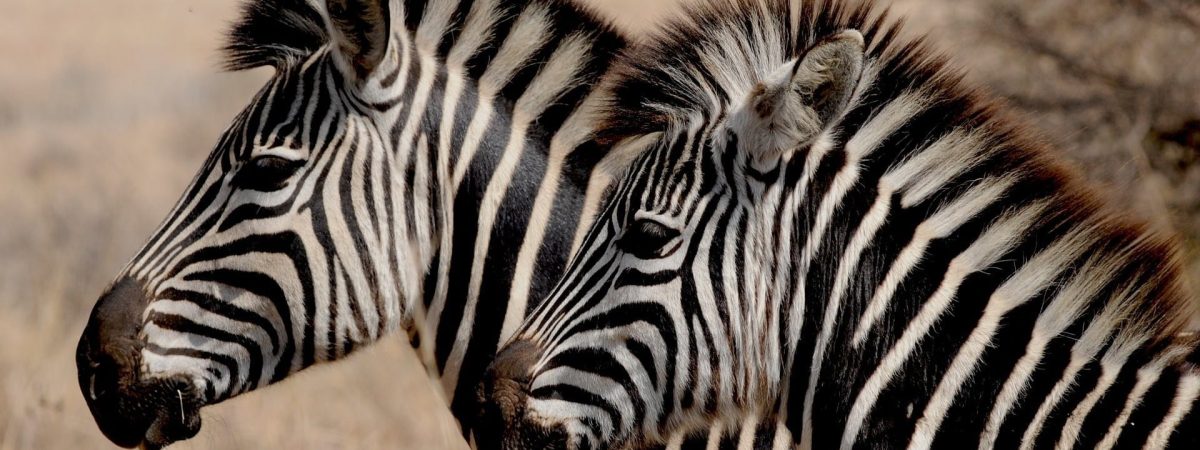FAQ'S

[vc_row][vc_column][vc_column_text]We answer the most commonly asked questions about Safaris here. Don’t hesitate to get in touch if your question is not included here.[/vc_column_text][/vc_column][/vc_row][vc_row][vc_column][vc_separator][/vc_column][/vc_row][vc_row type=”5″ bg_type=”grad”][vc_column][vc_toggle title=”WHAT IS THE BEST PERIOD TO VISIT?” open=”true” el_id=”1447506017652-9623625e-0913″]Our weather is great all year round. However, the most popular seasons are mid-December to mid-March and August to mid end of October. This is because of the demand for Christmas and winter holidays and the summer school breaks. An increasing number of visitors are realising that June and November are ideal, benefiting from lower visitor numbers.[/vc_toggle][vc_toggle title=”WHEN AND WHERE CAN I SEE THE GREAT MIGRATION?” el_id=”1447506018604-ac1c8a43-0eb5″]The millions of wildebeest and zebras are always somewhere, but they are not always in large herds and on the move. Their location is largely dependent on the weather, which can vary considerably from year to year. Generally the herds begin to cross into Masai Mara in mid-July and continue through early October.[/vc_toggle][vc_toggle title=”CAN I HAVE A PRIVATE VEHICLE?” el_id=”1447506019573-bbb2e6d6-eec2″]Yes. All safaris can be booked with the exclusive use of a vehicle for your party. A custom safari for two clients is significantly more expensive per person than a small group safari. This is because the cost of the vehicle and driver/ guide costs are divided by the number of clients sharing the vehicle. Therefore, the per person cost of a custom safari reduces according to the safari participants sharing the vehicle (maximum in one vehicle is usually 7).[/vc_toggle][vc_toggle title=”CAN I PLAN MY OWN ITINERARY?” el_id=”1447506020518-529c08e1-8285″]Yes if on a private (exclusive use of vehicle) safari. You are free to arrange whatever itinerary you choose. We can assist by arranging your itinerary within logistical constraints and special requirements.[/vc_toggle][vc_toggle title=”CHILDREN?” el_id=”1447506021445-5a6300e4-885b”]Any child old enough to enjoy and appreciate the experience can go on safari. A long trip on rough roads is expected and cannot really be recommended for babies and very young children.
Children under 12 will benefit from reduced fares on scheduled airlines, and many lodges will provide an additional bed for a child sharing a room with parents at a reduced cost.[/vc_toggle][vc_toggle title=”VISAS/ PASSPORT” el_id=”1447506424829-d7b5ae4b-9433″]Visas are available from Kenyan Embassies and Consulates in many countries or visit www.evisa.go.ke for online application.
A valid passport is required for all visitors and the passport must remain valid for atleast 06 months from the arrival date[/vc_toggle][vc_toggle title=”HEALTH / IMMUNIZATION” el_id=”1447506421712-5ef566e0-11aa”]Check with your doctor to get the current recommendations and advice. Below should assist;
*Anti-malarial tablets are strongly recommended.
*Kenya requires one to carry proof of a valid yellow fever vaccination when they are arriving from an endemic area. This includes those who have first visited Tanzania and/or Zanzibar which are considered endemic. The vaccination must be administered 14 days before arrival.[/vc_toggle][vc_toggle title=”WHAT TO WEAR AND EQUIPMENT TO BRING” el_id=”1447506417907-b6ea84e1-f5d7″]Clothes for safari should be light, comfortable and not too brightly coloured. A light jacket or sweater may be needed in the evenings at higher altitudes. Comfortable walking shoes are an essential, a hat to keep off the sun and sunglasses. Don’t forget a swimming costume for use at the lodge/hotel pools.
Most people bring binoculars and/or cameras and video equipment with plenty of tape or film. Film is also available at most lodges/camps but can be expensive. Almost all lodges/camps have power points to facilitate charging of digital cameras and laptops.
Most of the better hotels and lodges will spray rooms and provide mosquito nets, but do bring your own insect repellent sprays and a flashlight is always useful.
Remember that safari vehicles and light aircraft have tight limits on the size and weight of luggage carried. Depending on your itinerary, you may be required to leave some luggage at our office for the duration of your safari.[/vc_toggle][vc_toggle title=”INSURANCE” el_id=”1447506711161-c897cdfa-5f90″]We require that all clients arrange personal travel insurance to cover their medical, property and other personal risks for the duration of their safari.
Temporary membership of AMREF’s Flying Doctors’ Society is purchased with our safari. This is a rescue and evacuation cover.
NOTE*This is supplementary to and not a replacement for a standard travel insurance policy.[/vc_toggle][/vc_column][/vc_row]
